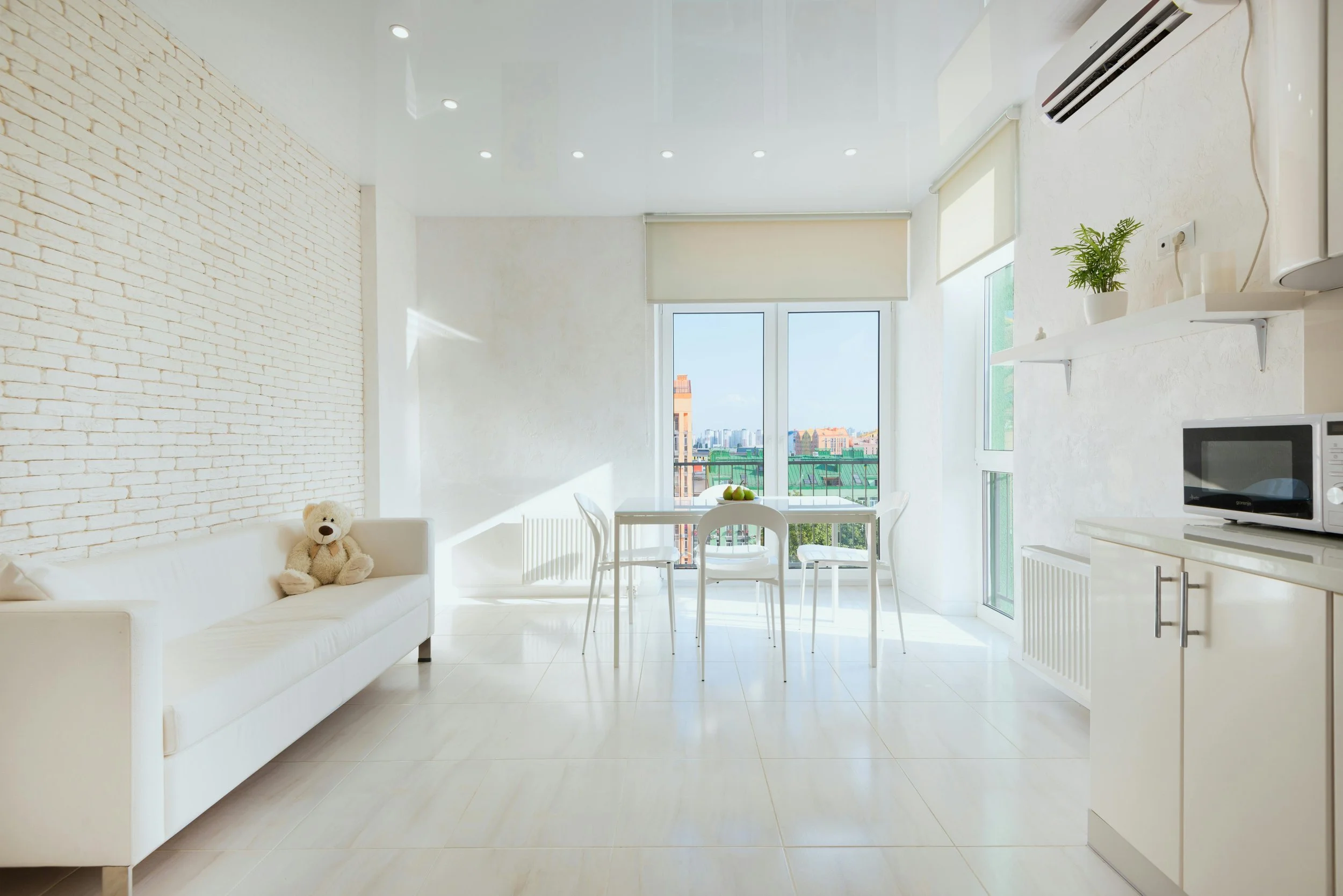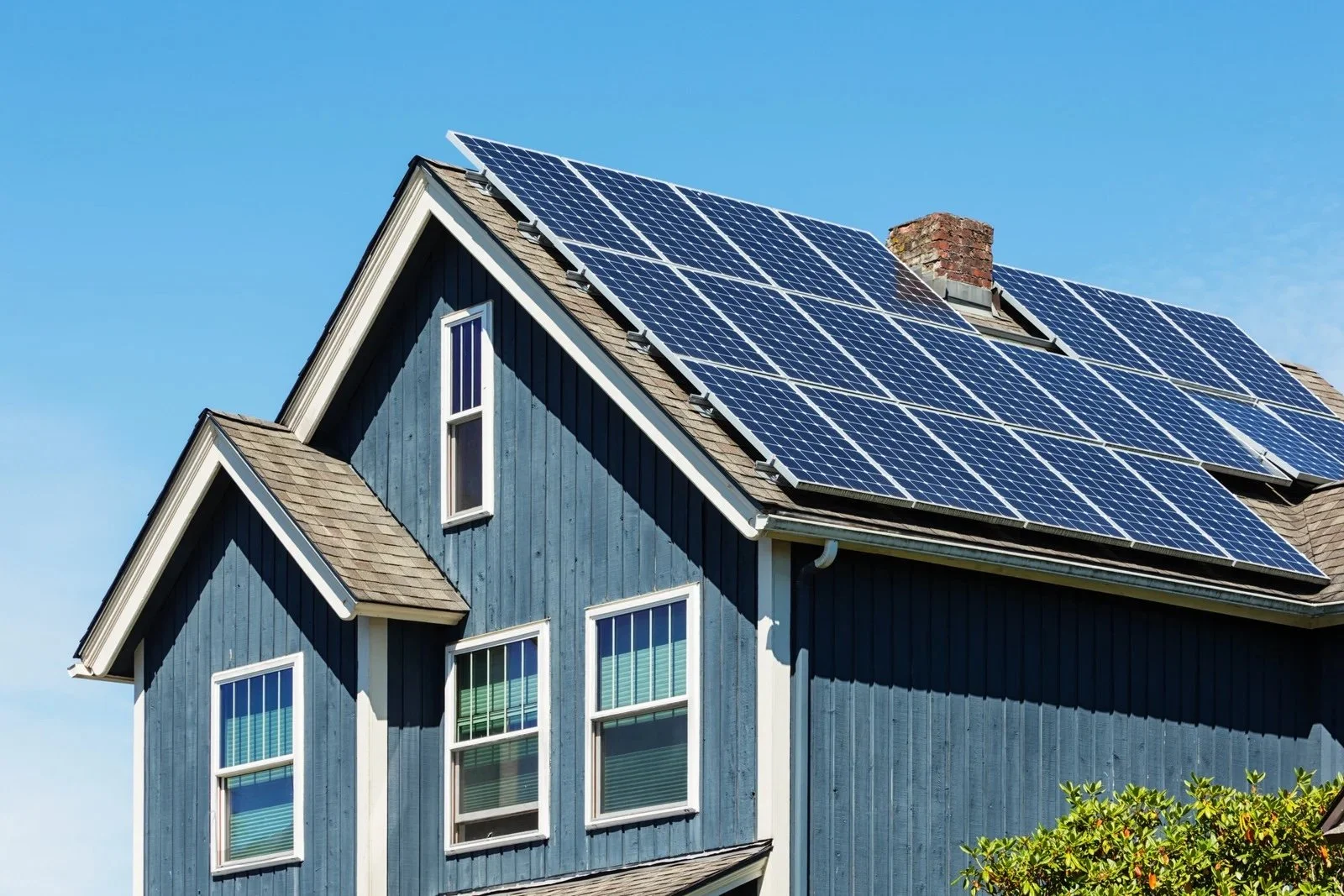Can AC Run on Solar Power? Here's What You Should Know
As more people turn to renewable energy, many homeowners are asking: Can AC run on solar power? With energy costs going up and a growing focus on the environment, it’s a smart question to ask. In this post, we’ll break down how much energy your AC uses, how solar panels work with AC systems, and how much solar power you need to run an AC effectively.
Understanding AC Energy Consumption
What Percentage of Your Energy Bill is AC-Related?
In many households, air conditioners make up a large part of the monthly energy bill. On average, AC systems can use between 30% and 50% of a home’s electricity, depending on how often they’re used and how efficient they are. Understanding this energy use is key when looking at how solar power can help lower costs.
Factors Affecting AC Energy Consumption
Several elements influence how much energy your AC unit uses, including the unit's size, efficiency rating, and the climate in your area. Additionally, the insulation of your home and the frequency of maintenance play critical roles in energy consumption. Keeping your AC unit well-maintained can significantly reduce its energy use, making it more compatible with solar power systems.
The Basics of Solar Power for AC
How Solar Panels Function
Solar panels convert sunlight into electricity through photovoltaic cells. This electricity can be used to power various appliances in your home, including your air conditioner. When considering solar energy for AC, it's important to understand how to harness enough power to meet your energy needs during the cooling season.
Types of Solar Systems for AC Power
There are different types of solar systems that can be utilized for powering your AC unit:
Grid-Tied Systems: These systems allow you to draw energy from the grid when solar production is low and send excess energy back to the grid when production is high.
Off-Grid Systems: These systems operate independently of the grid and require battery storage to supply power during non-sunny hours.
Hybrid Systems: Combining both grid-tied and off-grid systems, hybrids allow for greater flexibility and energy efficiency.
How Much Solar Power is Needed to Run an AC Unit?
Calculating Energy Needs of Your AC
To determine how much solar power you will need to operate your AC, you must first calculate the energy consumption of your unit. Look for the energy efficiency ratio (EER) or seasonal energy efficiency ratio (SEER) rating on your AC unit. This rating will help you estimate the number of hours the unit runs in a day and its overall energy consumption.
Assessing the Efficiency of Solar Panels
The efficiency of your solar panels plays a vital role in calculating how much energy you can generate. Higher efficiency panels will produce more energy in less space, making them ideal if you have limited roof space.
How Many Solar Panels to Power an AC Unit?
Factors to Consider in Panel Calculation
When calculating the number of solar panels needed, consider factors such as your AC’s energy requirement, the output of your solar panels, geographical location, and the climate. Additionally, keep in mind that solar energy production varies throughout the year.
Example Calculations for Different AC Sizes
For example, a 3-ton AC unit may need approximately 3,600 watts of energy to run. If each solar panel produces 300 watts on average, you would require about 12 panels (3600/300) to operate that unit efficiently during peak sunlight hours.
Conclusion
Running your AC unit on solar power is not only feasible but can be a great way to save on energy costs and reduce your carbon footprint. By understanding your AC's energy needs and leveraging solar technology, you can create a more sustainable and cost-effective cooling solution for your home.


